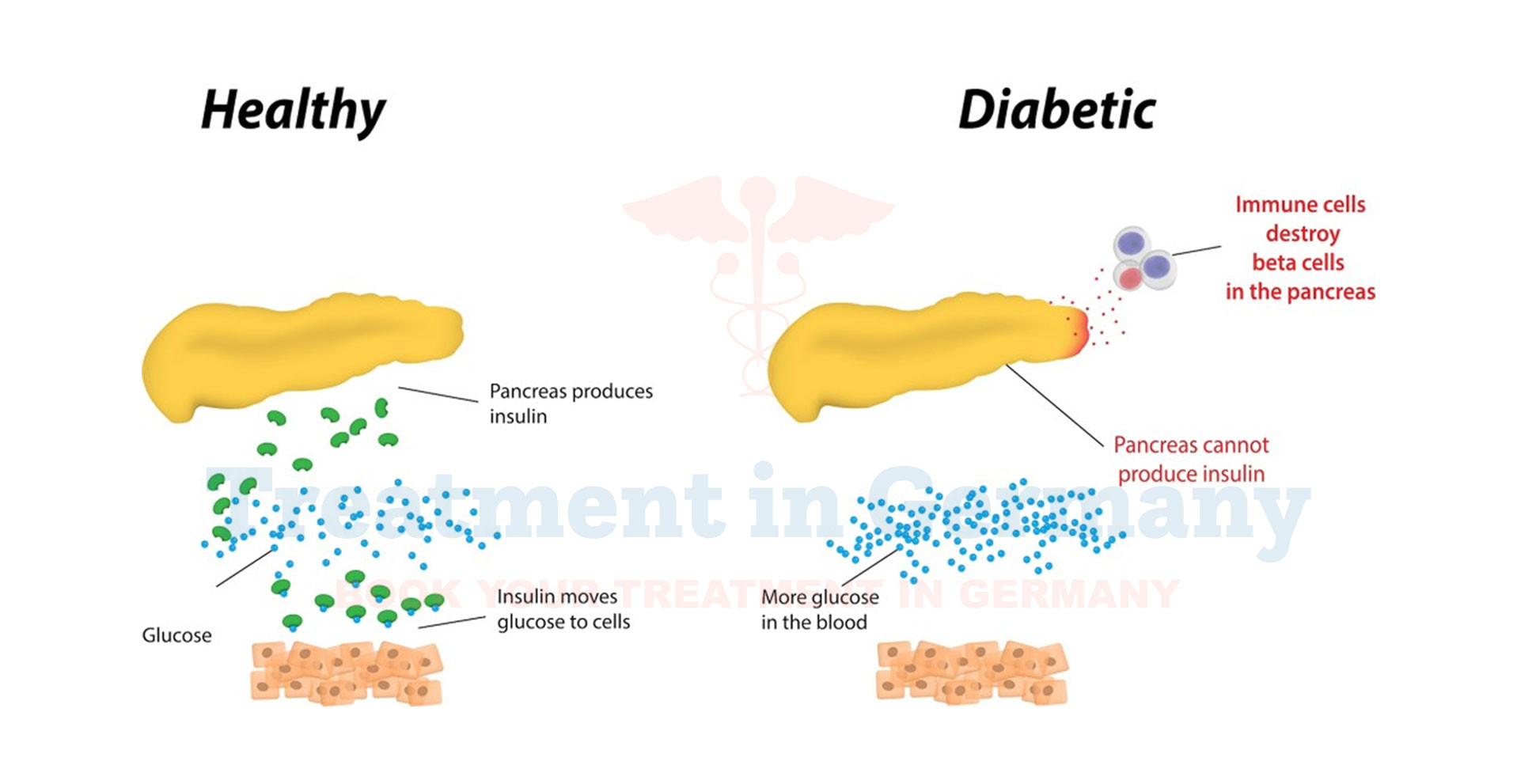What is Type 1 Diabetes?
Type 1 Diabetes is a chronic condition where the pancreas produces little or no insulin, a hormone necessary to regulate blood sugar (glucose) levels.
Unlike Type 2 Diabetes, which is often linked to lifestyle factors, Type 1 Diabetes typically develops early in life and is not preventable.
Side Effects of Type 1 Diabetes
Managing Type 1 Diabetes is crucial as untreated or poorly managed diabetes can lead to various complications. Some common side effects include:
- Hyperglycemia: High blood sugar levels can lead to symptoms like increased thirst, frequent urination, fatigue, and blurred vision.
- Hypoglycemia: Low blood sugar levels can cause shakiness, sweating, confusion, and in severe cases, loss of consciousness or seizures.
- Long-term complications: These may include heart disease, nerve damage, kidney damage, and eye problems if blood sugar levels are consistently high over time.
How is Type 1 Diabetes Diagnosed?
Diagnosis involves several steps:
- Symptom Evaluation: Doctors look for classic symptoms such as frequent urination, increased thirst, unexplained weight loss, and fatigue.
- Blood Tests: A blood test measuring blood glucose levels will confirm if they are consistently high.
- Other Tests: Additional tests like the A1C test or oral glucose tolerance test may be done to further assess blood sugar control.
Potential Treatment of Type 1 Diabetes
Currently, there is no cure for Type 1 Diabetes, but treatment focuses on managing blood sugar levels to prevent complications. Treatment options include:
- Insulin Therapy: Regular insulin injections or use of an insulin pump to mimic the function of the pancreas.
- Blood Sugar Monitoring: Regular checking of blood sugar levels to adjust insulin doses and monitor overall control.
- Healthy Lifestyle: Balanced diet, regular exercise, and maintaining a healthy weight can help manage blood sugar levels.
- Education and Support: Learning about diabetes management and seeking support from healthcare professionals and support groups can improve outcomes.
👉 Contact us for further information and receive a complimentary consultation.


.webp)
 (1).webp)

.webp)
 (1).webp)


.webp)
 (1).webp)

.webp)
 (1).webp)
